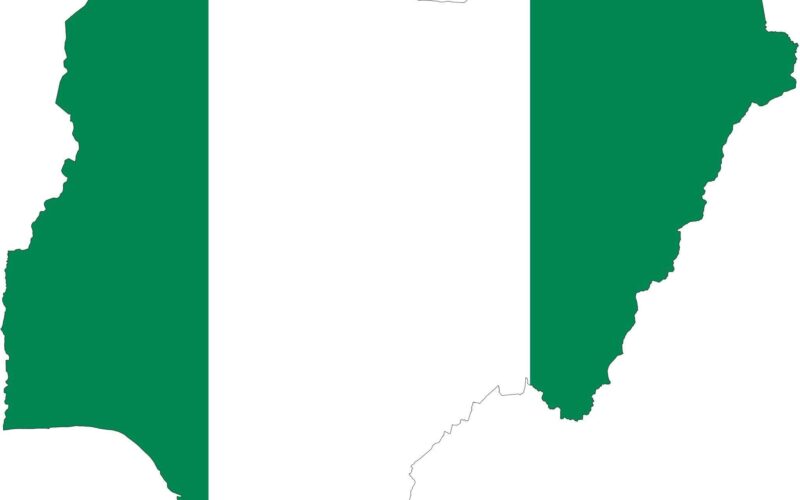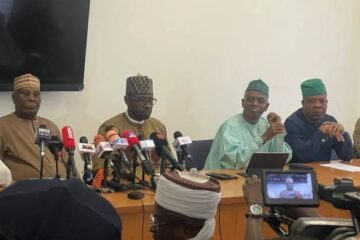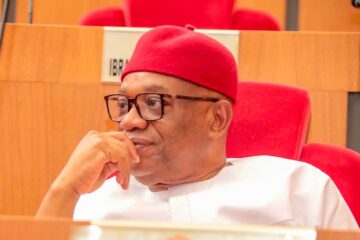Nigeria-Biafra War: Empowering Local Innovation; Senator Orji Uzor Kalu’s Vision for Economic Resilience
By Bernard Ogbe (Abuja)
Central to any nation’s economic vigor is the cultivation of local production and consumption—a truth, particularly resonant in the Federal Republic of Nigeria. The country’s heavy reliance on imports for almost all its needs has led to a reverse inflation of its economy due to the escalating costs of importation.
Senator Orji Uzor Kalu, a political leader who has served as the two-time governor of Abia state, Chief Whip of the 9th Senate, and currently chairs the Committee on Privatization in the 10th Senate, has consistently emphasized the significance of local productions.
Throughout his political career, he has put forth numerous suggestions aimed at harmonizing Nigeria’s economic landscape. These proposals are designed not only to enhance the nation’s economy but also to create employment opportunities for millions of Nigerians.
Referencing the lessons learned from the Nigeria-Biafra civil war, Senator Kalu highlights the untapped positivity hidden within the conflict’s negativity. He envisions these lessons as potential contributors to the improvement of Nigeria’s Security Capacity. During his tenure as the governor of Abia state in 1999-2007, Senator Kalu suggested ways in which the government, led by President Olusegun Obasanjo, could leverage the positive aspects of the Nigeria/Biafra war.
One notable aspect was the ingenuity displayed by the Ibo people during the conflict, engaging the Nigeria military with nearly 80% locally manufactured weapons. The renowned “Ogbunigwe,” a creation of the Biafra Research and Production Unit (BRPU) led by Professor Felix Oragwu, exemplifies the creative prowess emerging from the Southeastregion.
Professor Felix Oragwu, now 90 years old, not only developed the iconic ‘Ogbunigwe’ but also headed the Biafra Research and Production Units (RAPU), successfully processing palm oil to power jet airplanes during the genocidal war.
As Governor of Abia State, Senator Orji Uzor Kalu proposed empowering creative individuals from the Southeastern states to enhance their production skills for the greater benefit of the entire nation.
Regrettably, this proposal faced rejection, with a misconception that enhancing the creativity of individuals like Professor Felix Oragwu would be interpreted as preparing the Southeast for potential conflict against the unified entity of Nigeria.
Presently, Nigeria spends substantial amounts importing ammunition from other countries, a stark contrast to nations that have successfully developed their local production skills to combat crime. Recent reports even highlight Indonesia’s successful processing of palm oil to power airplanes, a feat achieved over fifty years ago by a Nigerian team during the Biafra secessionist movement.
The imperative to develop indigenous capabilities has never been more crucial. Nigeria possesses untapped potential that requires encouragement to see the light of day. The nation is home to individuals capable of inventing groundbreaking solutions yet to be experienced by the world. Senator Orji Uzor Kalu’s vision transcends personal aspirations; it is a call to nurture local innovations for economic resilience, stability, and a brighter future for Nigeria.




